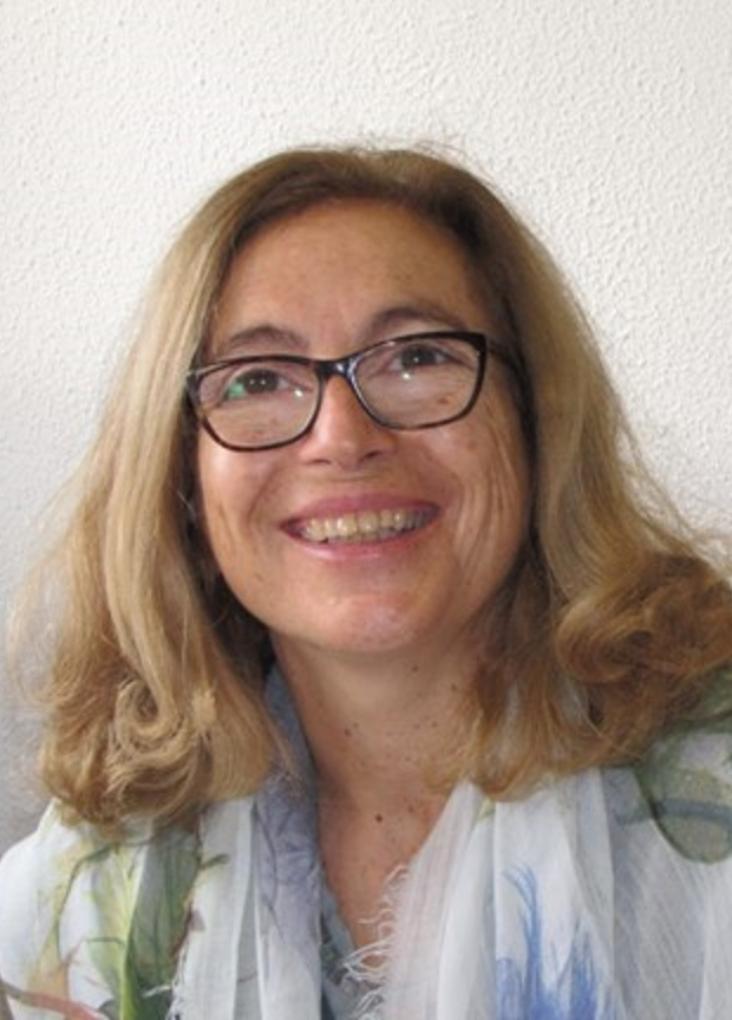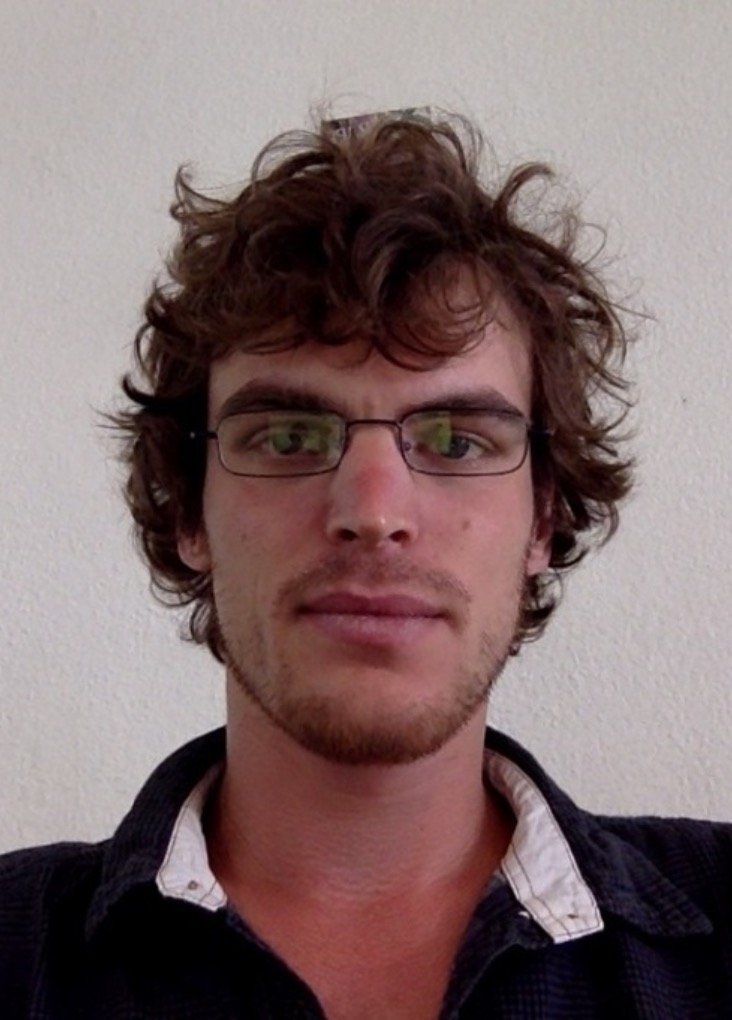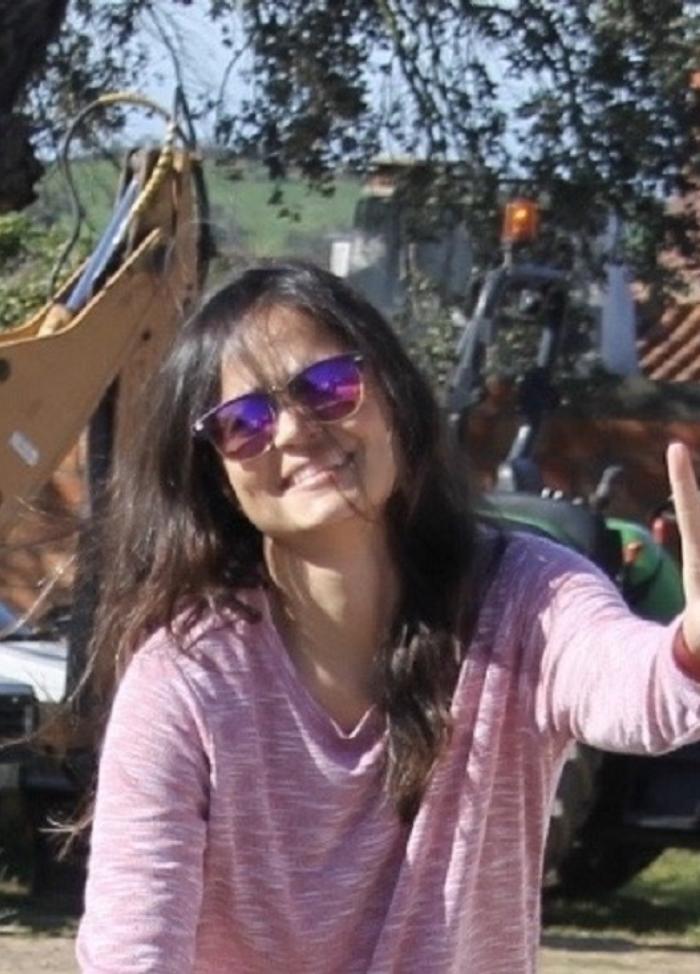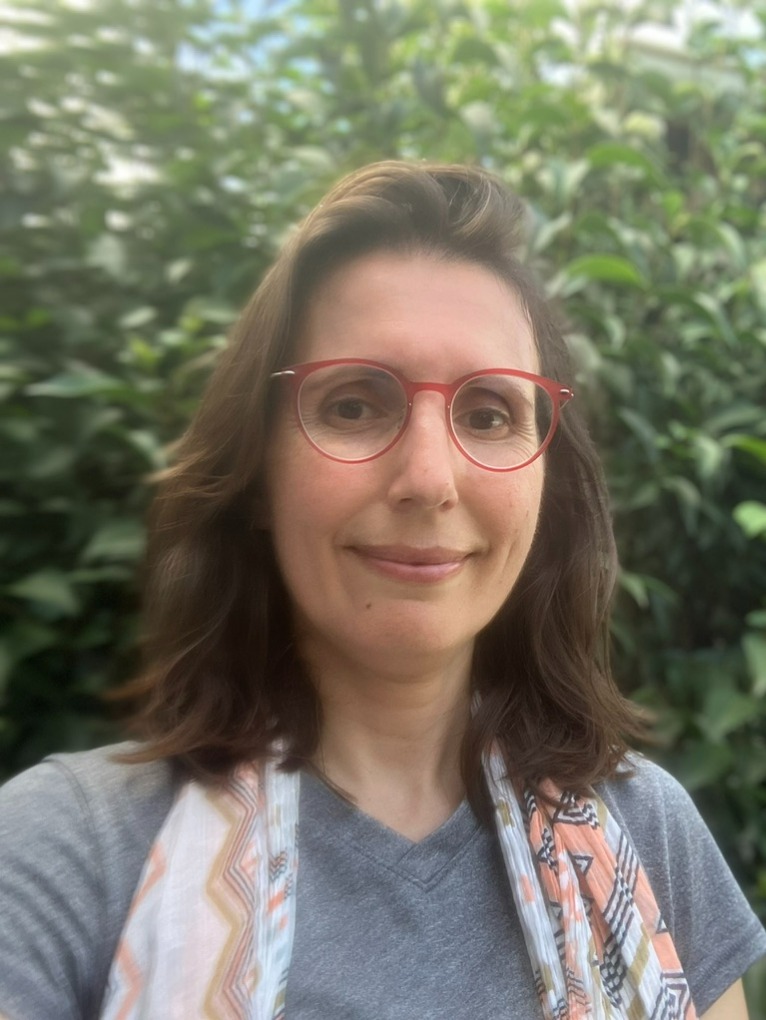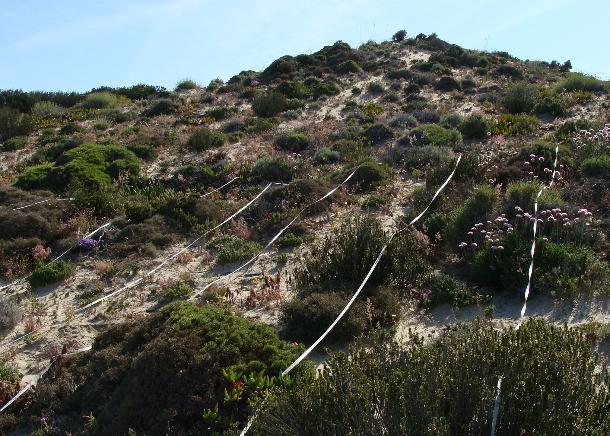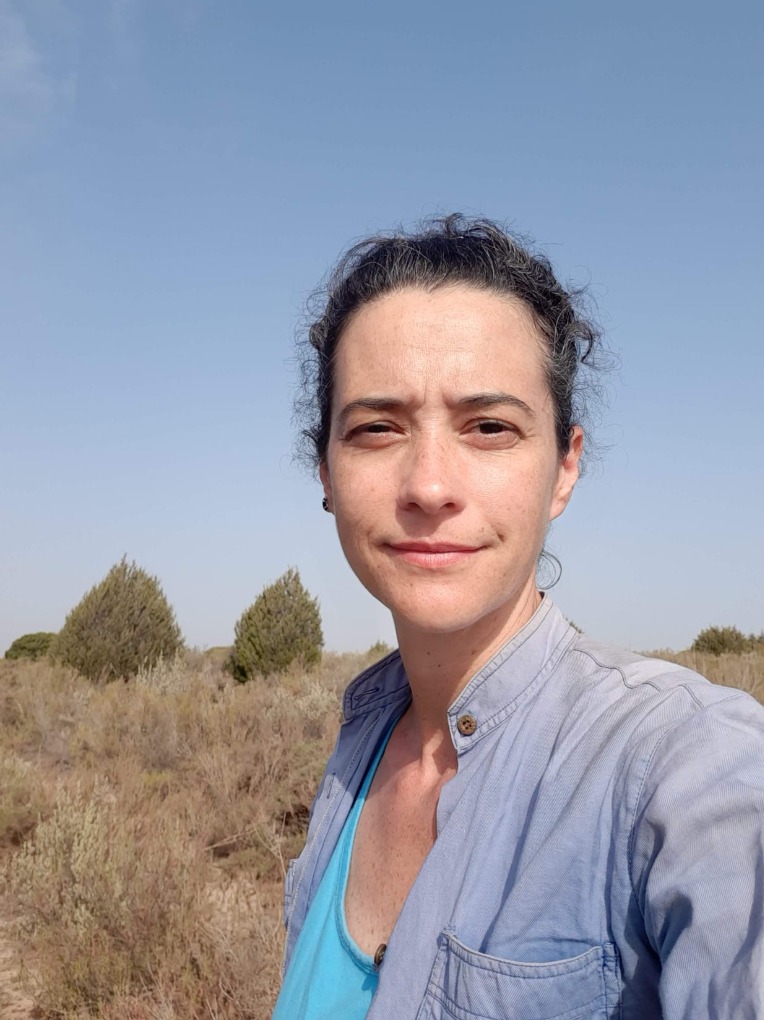
Summary:
ECHO - Engaging Citizens in soil science: the road to Healthier Soils, a groundbreaking initiative aimed at increasing knowledge and awareness of soil health among EU citizens. The project is based on three main principles: engaging citizens, empowering them with knowledge and an active role in data collection, and enabling them to participate in decision-making on soil issues.
Soil is a vital, yet often disregarded, resource that supports life on Earth by providing the foundation for agriculture, forests, and various other natural ecosystems. However, soil degradation is a growing concern around the world, and it can have severe consequences for our planet like reduced crop yields, increased greenhouse gas emissions, and decreased biodiversity. ECHO aims to prevent this by bringing together citizens and volunteer scientists from around Europe to work towards a common goal of protecting and preserving our soils, thus contributing to the transition towards healthy soils of the EU Mission: “A Soil Deal for Europe”.
ECHO will generate new data on the health status of EU soils, complementing existing soil mapping and monitoring in EU Member States, including the EU Soil Observatory (EUSO). The project will develop and deploy 28 tailor-made citizen science initiatives across EU Member States, taking into account different land-uses, soil types, and biogeographical regions, as well as stakeholder needs. With 16 participants from all over Europe, including 10 leading universities and research centres, 4 SMEs, and 2 Foundations, under the coordination of the Free University of Bolzano-Bozen, ECHO will assess 16,500 sites in different climate and biogeographic regions to achieve its ambitious goals.
The project aims to engage citizens in protecting and restoring soils by building their capacities and enhancing their knowledge. Citizens will thereby not only actively contribute to the project’s data collection but also promote soil stewardship and foster behavioural change across the EU The ECHOREPO, a long-term open access repository with a direct link to the EUSO, will make the citizen science data available for exploitation not only by scientists but also by the general public, policy makers, farmers, landowners and other end-users, providing added value to existing data and other relevant soil monitoring initiatives. ECHOREPO will thus provide valuable information about the state of soil health in various regions, and help citizens make informed decisions about land use and conservation.
ECHO recognises challenges related to citizens’ age, culture, background, and language and will overcome them through co-creation with target societal groups. The project will result in increased soil literacy across Member States, enabling citizens to directly participate in decision-making on soil issues. By involving citizens in the project, ECHO will foster a sense of responsibility and ownership towards the environment and encourage everyone to take action to protect soils.
We believe that the ECHO project will have a significant impact on soil health and citizen engagement across the EU and become an important step towards protecting and preserving our soil for future generations. By working together, we can ensure that our soil remains healthy and productive, and that we continue to enjoy the many benefits it provides.
PR and media contact: Wiktoria Witek, wiktoria.witek@plantpress.pl
Funding Institution:
ECHO is a Research and Innovation Action funded by the European Union, under the GA 101112869, Program Horizon Europe topic HORIZON-MISS-2022-SOIL-01-09.
Partners:
The ECHO consortium consists of 16 participants: 10 leading universities and research centres (Free University of Bolzano-Bozen, University of Hohenheim FCIENCIAS.ID and University of Lisboa, University of Bologna, Hutton Institute University of Eastern Finland American Farm School, University Stefan Cel Mare Suceava, University of Extremadura), 4 SMEs (Solutopus, Plantpress, Quanta Labs, Ambienta), and 2 Foundations (Ibercivis, Resoil). The participants from small companies and foundations, as business and civil society representatives, are complementary to the soil and social sciences experts of academic partners and crucial for achieving the ambitious goals of ECHO.

